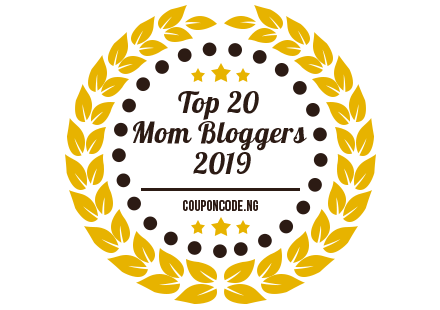Many of us juggle tasks every day. As a mother of 3 teenage girls, I juggle house tasks, work-related tasks, and tasks of caring for my daughters every single day.
Did you know that juggling is a great exercise for your brain? But it is not juggling with daily tasks that help boost our brain development, rather, the juggling of objects like balls!
Juggling is scientifically proven to increase gray matter and help strengthen your brain cells’ connections. It can even help prevent the onset of Alzheimer’s. Juggling is an exercise for your brain muscles. It’s part of a brain-building process that helps your brain fight the injury and infection that may lead to dementia.
As a total mind body workout, juggling helps to work virtually every upper body muscle from the reaching and throwing motion of juggling as well as bending down and picking up the props you drop.
When you juggle heavier objects or more objects at the same time, you can even build or tone your muscles. Juggling is a fantastic exercise for your brain as you focus on multiple objects in the air and the pattern as a whole all at the same time. This works both sides of the brain as objects are continuously crossing between the left and right sides of your body.
Many people fail to realize that exercising their brain is not something that they need to do. However, our brain is like a muscle and it needs regular exercises or activities that stimulate it in order to sharpen our mind. Failure to do this may result in our brain losing its efficacy, just like any other muscle in our body.
World renowned juggler and performer David Ferman once struggled with ADHD as a child. When he started juggling, his parents noticed that his attention span had increased and he was able to sit still for extended periods of time. David has appeared in the finals of the popular TV program, America’s Got Talent, and has won multiple medals in juggling competitions.
Research shows that learning to juggle accelerates the growth of neural connections related to memory, focus, movement, and vision. The beneficial changes persist even after weeks without practice. However, after three months of no practice, it was discovered that the participants who learned to juggle lost their gained brain power and the enhanced brain regions decreased in size.
Thus, in order to see continuous improvement in brain power, you should consistently juggle. Just like physical exercise where you have to train regularly in order to feel the health benefits, juggling should also be a continuous effort in order for you to reap the brain health benefits.
Since juggling on a regular basis has been shown to improve brain density in gray matter, more and more people are turning to juggling recreationally to help stave off dementia, as well as alleviate the symptoms of ADHD, dyslexia, and autism. Gray matter is the part of the brain that does all the calculations and computations, and by increasing the density of the gray matter in your brain, your brain will be able to perform more efficiently, just like upgrading the central processing unit (CPU) of your computer.
After you’re done reading this article, go buy 3 oranges or juggling balls and juggle away to keep your brain mentally sharp always!




Leave a Reply